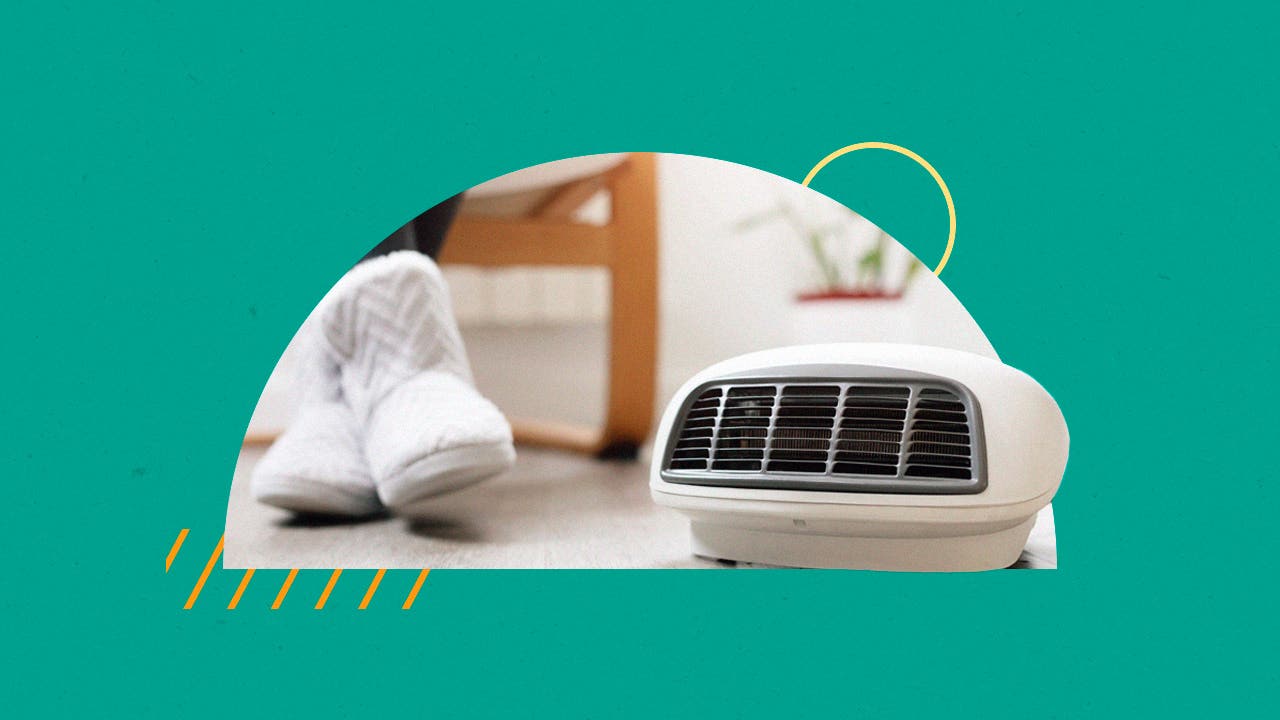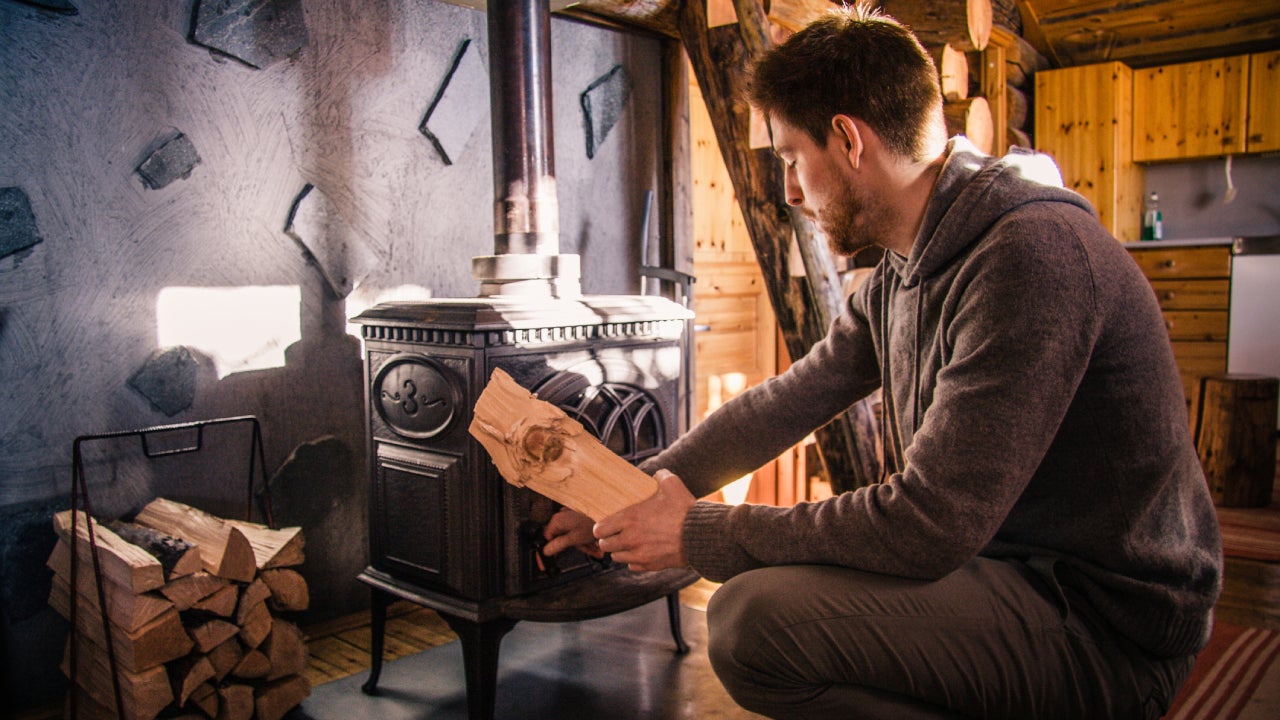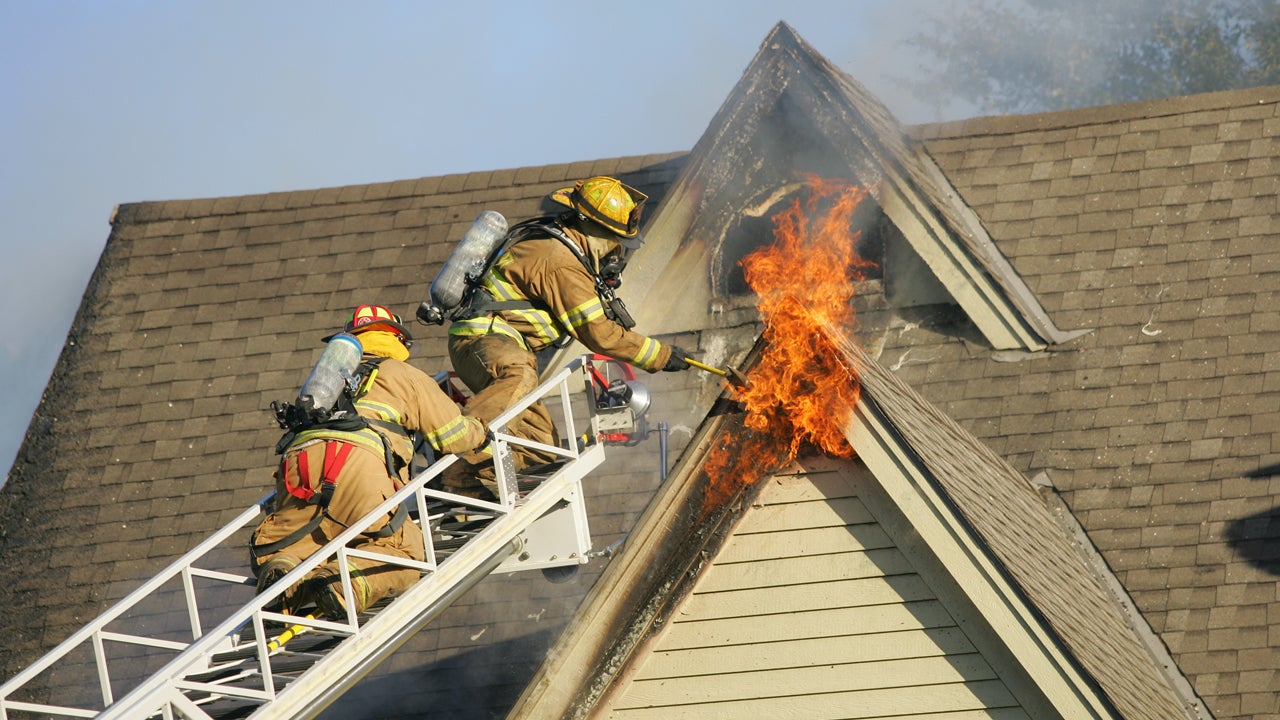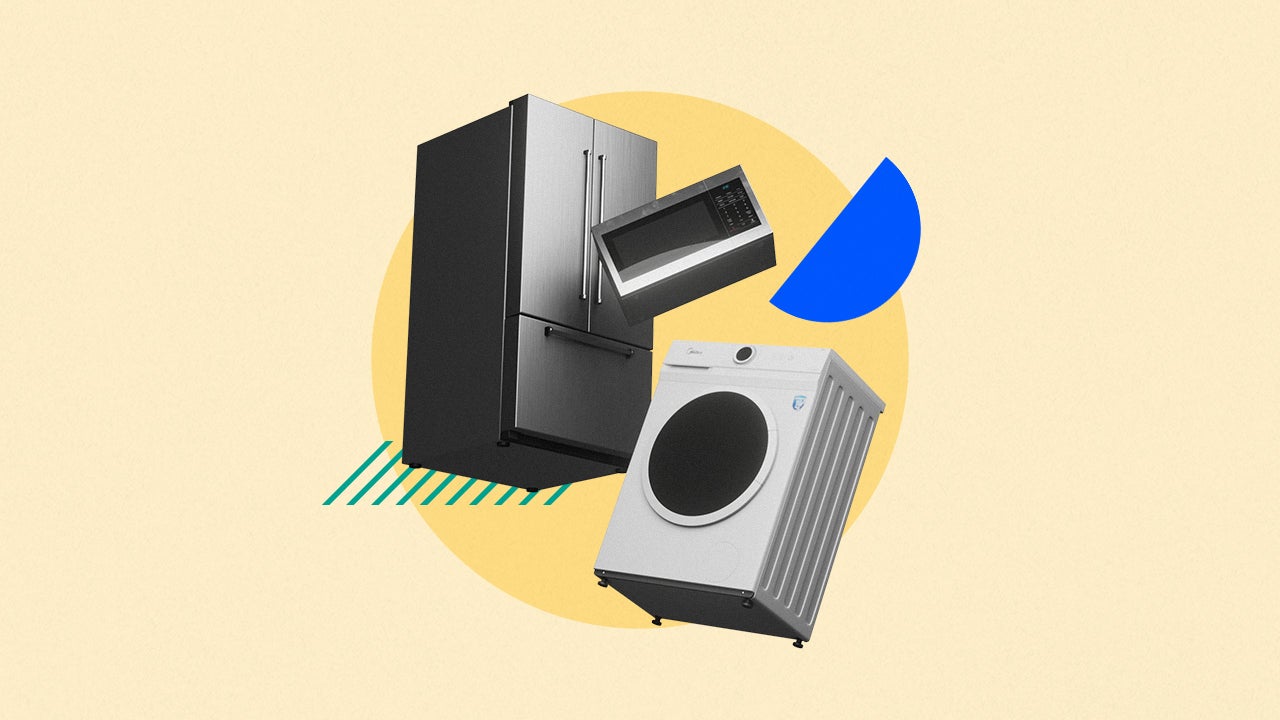Does homeowners insurance cover space heaters?

Key takeaways
- Homeowners insurance typically covers damage to and caused by space heaters, but claims will likely be denied if the space heater is the primary heating source.
- Home insurance eligibility and rates may be affected by the type of heating equipment used in a home.
- Fire safety features such as sprinklers, fire alarms and fire extinguishers can potentially earn homeowners discounts on insurance premiums.
- Taking safety measures when using space heaters can help prevent fires and save money on insurance claims.
Space heaters can come in handy during the winter. Many homeowners use space heaters as a temporary backup for when their heating system breaks or to heat small spaces that don’t have sufficient heat, like a garage. While home insurance typically covers space heaters, most home insurance providers have heating requirements that prevent space heaters from being the primary source of heat for the home. Due to the inherent fire risk space heaters pose, it is crucial to understand if and how your homeowners policy covers damage to and caused by space heaters.
Does homeowners insurance cover space heaters?
Yes, typically, standard home insurance covers heating systems, including space heaters, and the potential fire damage they may cause. Even California home insurance, which can exclude wildfire damage, usually covers other types of fire damage, like fires from kitchen mishaps and space heaters. Home insurance policies contain various types of insurance coverage, but four in particular are more likely to kick in in the event of damage or injury caused by your space heater:
- Dwelling coverage: Pays for damage to your house caused by a covered peril, up to the policy limit.
- Personal property coverage: Pays to repair or replace your personal property, such as clothing and furniture, due to damage from a covered peril. May pay out on an actual cash value or replacement cost basis, up to the coverage limit.
- Loss of use coverage: Reimburses homeowners for temporary living expenses when their homes become uninhabitable due to loss from a covered peril.
- Liability coverage: May pay for bodily injury and damage to the property of others you are liable for.
There is one significant exception all homeowners should be aware of, though. From the perspective of most insurers, alternative heating sources cannot be the primary heating source of a home. Fireplaces and wood-burning stoves are not efficient enough to safely heat an entire modern home. Using them a s such is more likely to cause a fire, which is why homes without central heat often do not qualify for HO-3 policies.
While space heaters are usually covered by insurance, every carrier has its own risk threshold. There is a chance that your insurance company included policy language in your insurance contract that could limit or exclude damage, so review your policy carefully.
At the time of a claim, your homeowner’s insurance company will investigate the circumstances that caused the fire. If your insurance policy has exclusions or limitations involving primary and secondary heating sources, any claim where the space heater is the primary heating source could be denied. Other reasons for potential claim denials are intentional acts and failing to have equipment installed by a professional.
Space heater statistics
According to research from the National Fire Protection Association (NFPA) conducted 2016-2020, heating equipment is one of the leading causes of fires in U.S. homes. Their study found the following:
- Space heaters account for one-third of heating equipment fires.
- Local fire departments responded to 44,210 home fires caused by heating equipment between 2016 and 2020.
- January, February and December are the months with the highest rate of home fires involving heating equipment.
- Single-family homes account for the highest share of home heating fires at 45 percent and the highest civilian deaths at 88 percent.
- The hours between 3 a.m. and 6 a.m. are when the most deaths from heating equipment occur.
- Fires originating in the kitchen cause the most property damage, but fires starting in the living or family room cause more civilian deaths.
Space heaters claim risk
While a supplemental heating device can be useful for keeping the house warm during cold weather and offsetting costly heating bills, space heaters are a known cause of residential fires and cost insurance companies every year in claims.
A wide range of space heaters are available on the market, and not all of them are appropriate for indoor use. Space heaters fall into one of three categories: convection, radiant or combination. Convection and combination heaters tend to warm the air in the space, while radiant heaters work differently to heat people and objects, not the air.
While all heaters should be used with care, unvented combustion space heaters using propane or kerosene are the most dangerous for indoor use. According to the U.S. Department of Energy, these types of heaters are more likely to cause carbon monoxide poisoning, cause mold and increase the home’s level of nitrogen oxide.
The following behaviors increase the risk of fire from heating systems such as space heaters and electric fireplaces:
- Using an extension cord
- Using an old, outdated or malfunctioning heater
- Running the cord under a rug or carpet
- Leaving pets or children in the room unattended
- Placing the heater on furniture or in close proximity to fabrics
- Exposing the device to moisture
- Running the heater overnight
Do space heaters increase homeowners insurance rates?
Heating systems may have a direct impact on home insurance costs, but it will depend on the system and whether your insurance company is aware of it. Homeowners are usually not required to notify their carrier when a space heater is in use since they are typically small appliances that are not permanently installed.
A central heating system in your house powered by electricity or natural gas may not have much of an effect on your insurance costs because these systems are less likely to cause a fire.
Homeowners relying on wood-burning stoves, pellet stoves or fireplaces may either pay a higher rate for insurance or be denied insurance altogether. These types of home heating were sufficient when homes were smaller, with just one or two main rooms to heat. They do not heat all the rooms in modern homes effectively, causing homeowners to rely on alternate heating methods, which increases the chance of a fire and therefore home insurance risk.
Fire safety home insurance discounts
Discounts are a great way to lower the cost of home insurance, and many carriers have discount opportunities related to fire safety. Some include:
- Sprinklers: Having a sprinkler system installed in your house can potentially earn you a discount on home insurance.
- Local fire alarms: Local fire alarms produce a loud alarm sound and can even have flashing lights when smoke from a fire is detected. However, a local alarm is not connected to a monitoring service and doesn’t generate the biggest discount.
- Central fire alarms: Central fire alarms sound an alarm for those on and nearby the property when the home is on fire while automatically notifying the local authorities. These alarms tend to have the biggest discount.
- Fire extinguishers: Having fire extinguishers placed around your property as a safety measure may also equate to a price cut on your insurance premium.
- Fire-resistant materials: When your house is made of fire-resistant materials, such as concrete, brick or gypsum, it is deemed safer than a house made of wood frames or logs. This may earn you a home insurance discount or cause your home to have an overall lower risk rating.
How to prevent space heater fires
When used correctly, space heaters are not as likely to cause a fire. The following safety measures should be observed when using a portable heating device to prevent accidents:
- Always place the heater on a level floor: Never put the heater on top of furniture where it could fall, dislodge or break.
- Supervise pets and children: Never leave children and pets unattended near a space heater or wood stove, as any contact with the equipment can cause burns and toying with the cord can result in sparks and flames.
- Keep the space heater at least three feet away from flammables: From bedding to paper to perfumes and sprays, keep the heater away from anything that can catch on fire or trigger a fire.
- Plug the heater directly into a wall outlet: Never use extension cords for a space heater, and if you absolutely must, make sure it is compatible with the device.
- Check for auto shut-off features: Heaters that shut off automatically prevent overheating and reduce the likelihood of causing a fire.
- Keep the device in good condition: Never use an old heater that has not run in a long time. When storing away the heater for the season, make sure it is in a cool and dry space.
- Adhere to manufacturer guidelines: It’s important to use the header according to manufacturer guidelines to avoid unnecessary risks to your home or family.
- Check for the UL and Intertek labels: Underwriter Laboratories and Intertek labels prove that the space heater meets safety standards and has been safety-checked. Don’t use any space heater that doesn’t come with these labels.
Taking safety measures will not only allow you to run your space heater without endangering life and property but also help you avoid an insurance claim and save some money.
Frequently asked questions
Why we ask for feedback Your feedback helps us improve our content and services. It takes less than a minute to complete.
Your responses are anonymous and will only be used for improving our website.
You may also like

Does homeowners insurance cover wood stoves?

Does homeowners insurance cover your swimming pool?

Does homeowners insurance cover fire damage?

Does homeowners insurance cover appliances?


